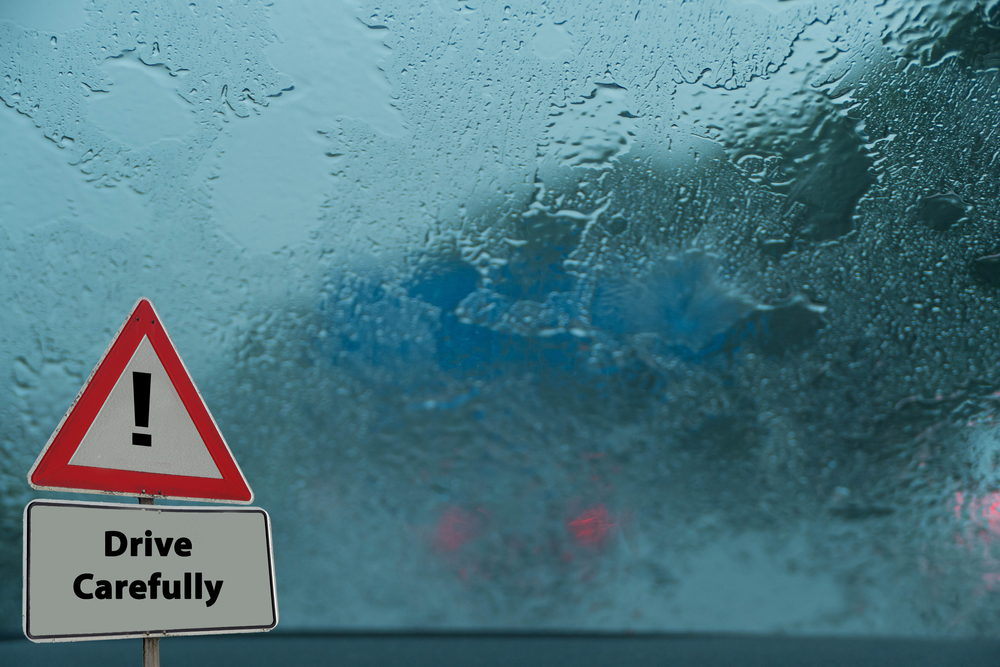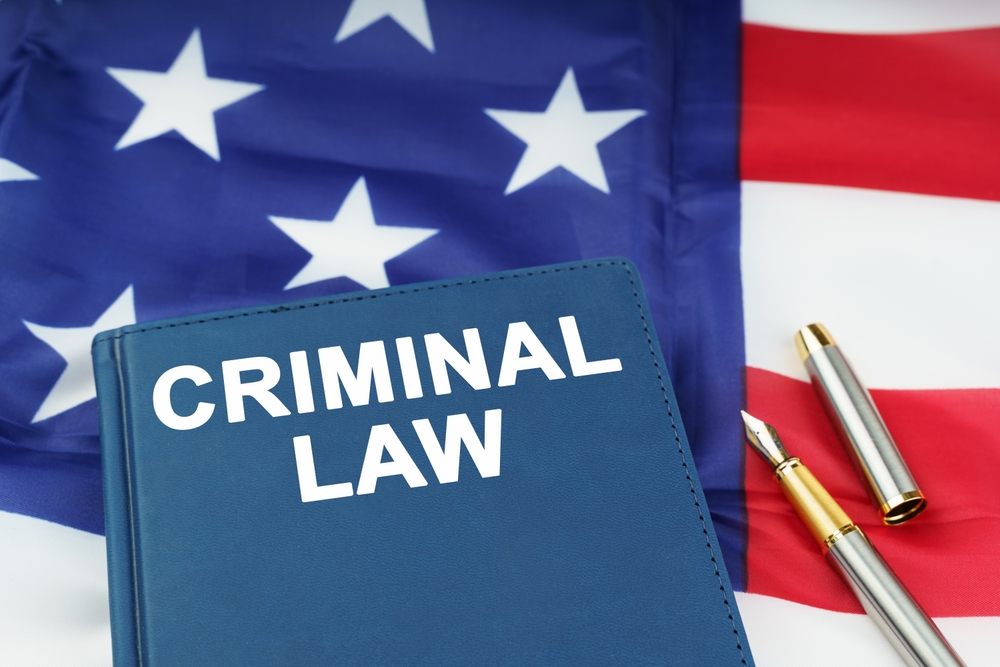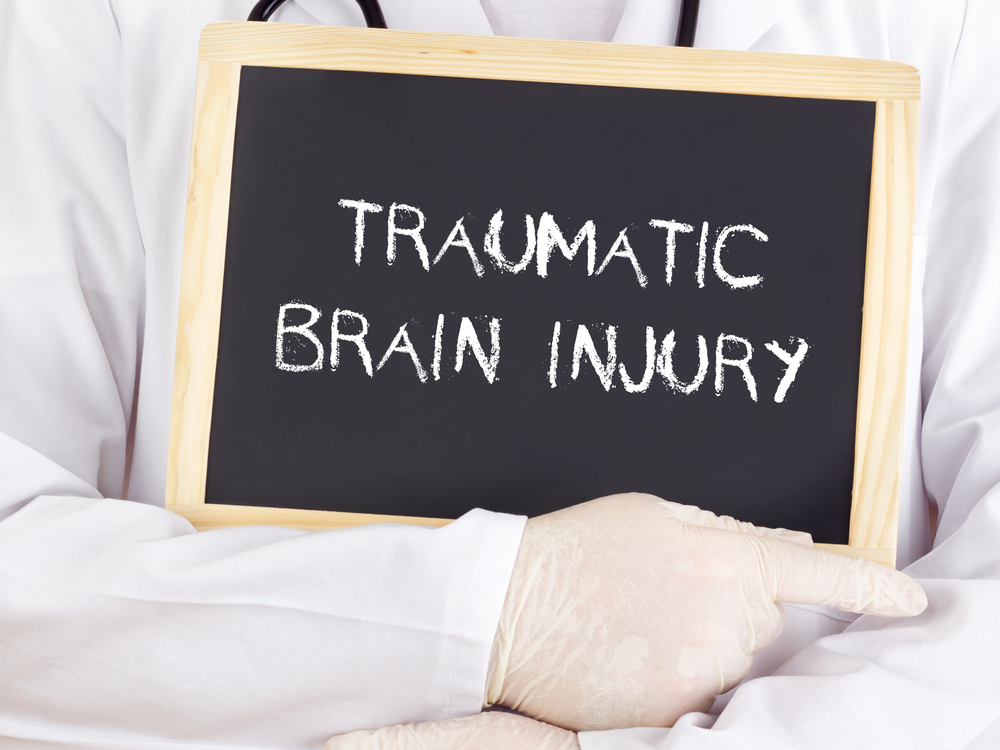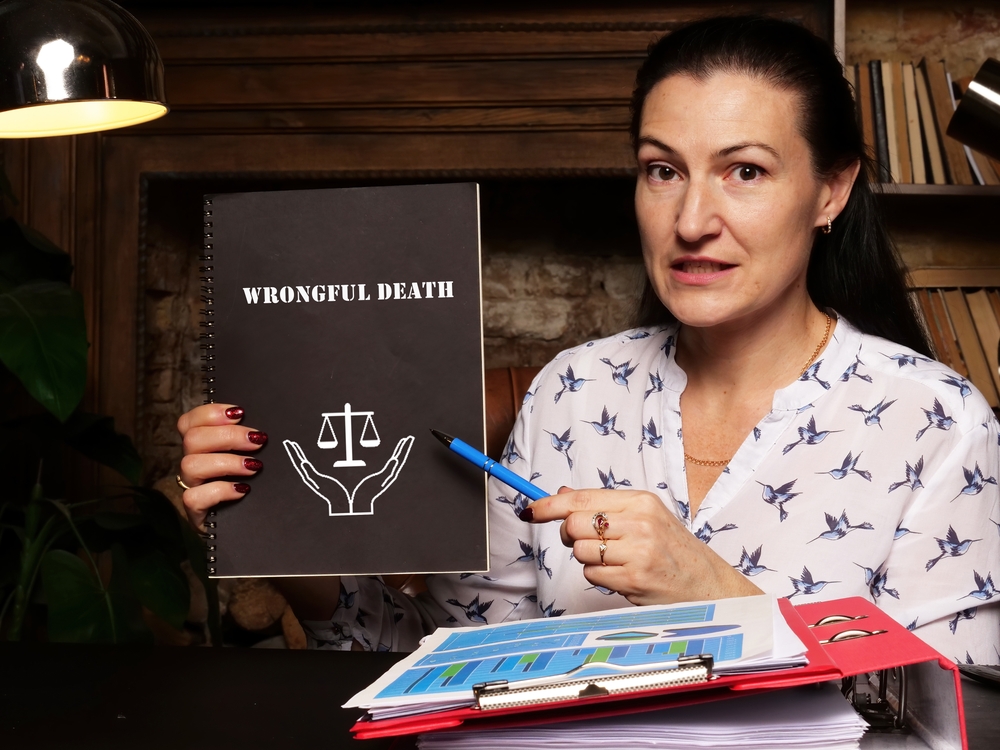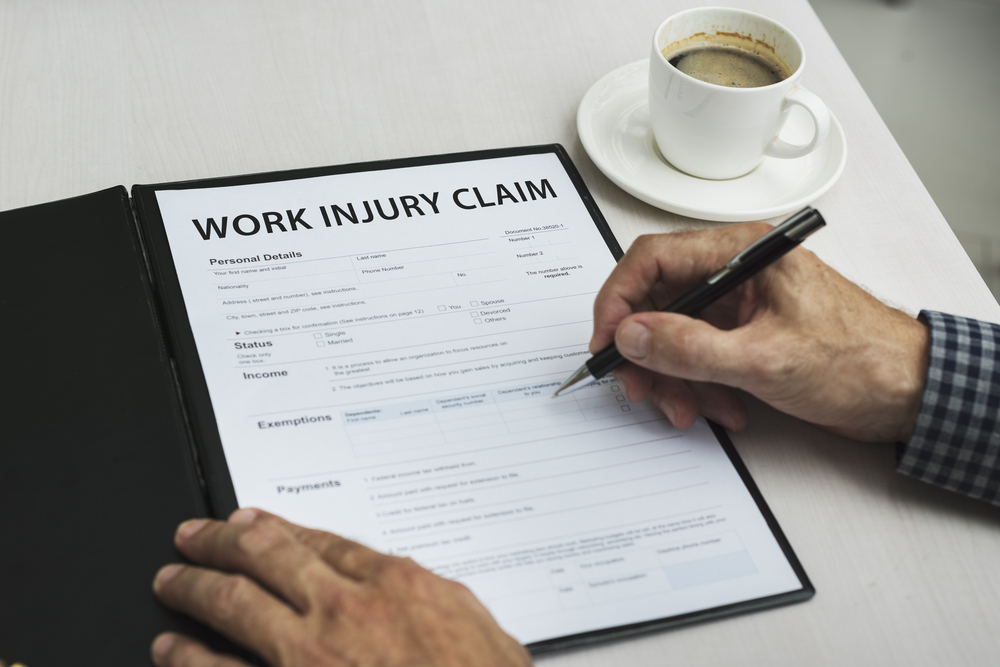We may want to do spring cleaning as the weather warms and the sun comes out in Illinois. This is a fantastic way to get your home in order, but you could be injured if you are not careful.
It is estimated that 21 million people visit ERs in the US annually related to spring cleaning and home improvements, but you can avoid being one of them if you take precautions. Follow the tips below to prevent spring cleaning injuries, and contact our personal injury lawyers in Schaumburg at SJ Injury Law if you have questions about a case.
Types Of Spring-Cleaning Injuries
It is essential to use care when doing spring cleaning. That way, you will do a good job and avoid the following common injuries:
Back Injuries
Cleaning is repetitive. Moving furniture, sweeping, dusting, and moving boxes in and out of storage use the same groups of muscles and joints over and over. Consider slowing down and stretching the first 10 times you are not used to heavy spring cleaning.
Shoulder Injuries
Yanking out weeks and other tasks that require pulling can make your shoulders burn and strain. If that happens, your body is telling you to slow down and take it easy. Take a rest and try it again later, or ask for someone to help you.
Falls
Spring cleaning involves a risk of falling. Having someone hold the ladder or watch you do not fall. If the task involves being high on a ladder for a long time, consider having a professional do it.
Stretch
Before you start cleaning, bending, and going up and down the ladder, stretch and warm up your arms, legs, shoulders, and back. This only takes a few minutes and can ward off injuries, especially neck and back injuries. Hold your stretches slowly for 20 to 30 seconds for each exercise.
Don’t Rush
It is easy to become overwhelmed when cleaning your house in the spring. There are gutters to clean, closets to clear out, floors to scrub, and so much more. However, the most common reason people are hurt during spring cleaning is they rush. Spring cleaning properly takes time, so take a breath and go to work methodically.
Instead of pushing through when your back is tired from cleaning for two hours, take a break and sit down. It is better to get the work done without being injured! Also, consider enlisting your partner or children to help you.
Use Care When Moving Furniture
Back strains and sprains are common during spring cleaning. This injury often happens when we move furniture. Use the correct lifting technique, which means bending at the knees and not the back when moving large pieces.
If the piece feels as if it is too heavy and you need someone to help, just wait. Then, you can simply clean around that piece of furniture until someone can assist you. You will be able to work longer if you do not injure yourself lifting a heavy piece of furniture without assistance.
Check For Ventilation
Spring cleaning often means using chemical cleaners for spotless floors, counters, and cabinets. But open windows and doors to let in the fresh air.
It is essential to be careful when you clean with bleach and ammonia. This mixture creates chloramine gas and is dangerous to the respiratory system, nose, and eyes. Getting too much of it at once can lead to severe injury or death. If you are sensitive to chemicals, always wear goggles and rubber gloves.
Also, some cleaning authorities recommend avoiding cleaning products without harsh chemicals. Instead, consider using natural cleaning products such as white vinegar, baking soda, and hydrogen peroxide. These are better for your health and the environment. They also can usually do just as good of a job as harsher cleaners.
Declutter
Making good spring cleaning progress is hard when your home is cluttered. So, take a few minutes to declutter the room you want to clean. This allows you to throw out things you no longer want or need. You also will feel better about your home when it is cleared of clutter and things you no longer need.
Use Care With Large Buckets
According to the US Consumer Product Safety Commission, if you have small children in the house, be aware that large buckets holding five gallons or more are a serious drowning risk. Small children are always curious when they come upon the water. It is easy for a toddler to fall over into the bucket headfirst and be unable to get out. There are cases where a small child has drowned in a bucket with just a few inches of water.
So, never leave large buckets with water unattended when toddlers are in the home. Empty them as soon as you are finished cleaning. Moving them out of the way when finished cleaning also prevents people from tripping on them.
Wear Protective Gear
Ensure you have the appropriate protective gear to stay safe during spring cleaning. This may include sunscreen, gloves, eye protection, long pants, and tough shoes. These measures are even more important when using chemicals and fertilizers in the yard.
It also is recommended to avoid using harsh chemicals and to water things down as much as possible. Using mild soap and water is usually best.
Reduce Tripping Risks
Decluttering is a natural part of spring cleaning. Packing up various items that must be moved or thrown away may be convenient. However, putting piles of things on the floor increases the risk of trips and falls. Keep landing areas and stairs free of clutter.
Do Not Carry Too Much At Once
A busy spring-cleaning day may mean going up and down steps often. Ensure you have one hand free to grab the railing if you fall. Also, be sure you can see the path in front of you when carrying a large load. Getting the job done may take another trip or two, but you will avoid a nasty fall.
Use A Mop
When you need to clean the floor, it may be tempting to get on your hands and knees to get things clean. But you can seriously sprain or strain your back. So instead, invest in a good mop for cleaning floors; a mop is also the best choice for cleaning the bathtub.
Rent A Dumpster
If you have a lot of unwanted items in the house, consider purchasing a rental dumpster to get rid of them. One of these dumpsters will easily fit in your driveway, so you have easy access to the container during your whole spring cleaning day.
Use Ladders Carefully
You may need to use a ladder to clean windows or the tops of cabinets. But be careful! Stay within a reasonable distance when you are on the ladder to avoid a serious fall. Experts say a good rule of thumb is your lower belly should not extend beyond either side of the ladder. It also is safer if there is someone to hold the base of the ladder. Also, ensure none of the ladder rungs or wet and that you have on rubber-soled shoes.
Do Not Forget The Chimney
If you have a fireplace, it is essential to have the chimney inspected by a professional every year. If too much soot builds up in the chimney, it is a fire hazard. There also is a severe risk of carbon monoxide poisoning. This work is usually done in the fall before fire season but can also be done in the spring.
Watch Out For Wet Surfaces
This is an essential tip for every time you clean in the house. We all know slipping on a wet tile or wood floor is accessible. Make sure to stay away from wet floors until they are completely dry.
Also, it is common for other family members to slip on the floor because they did not know it was wet. So, alert other people that spring cleaning is underway. If you have small children, you may need to block access to that room until the floor is dry.
Listen To Your Body
You do not do a thorough spring cleaning every day. So, take a break if you notice something in your arm, shoulder, or back starts to hurt as you clean. It will probably be quite sore later if you feel it during work. It is better to listen to what your body says and take a break as needed. If it prevents injury, there is nothing wrong with making your spring cleaning a multi-day affair.
Contact Personal Injury Lawyers In Schaumburg Today
Spring cleaning is always a busy time and having the house clean feels fantastic. If you follow these tips, you can usually avoid injuries that can happen with spring cleaning, However, if you were injured recently, you could be entitled to compensation if another party’s negligence caused your injuries. The most common personal injuries are in the workplace, car, or in a retail establishment. If that happened to you, our Schaumburg personal injury lawyers at SJ Injury Law can help, so contact our attorneys near Chicago now at (847) 434-3555.


